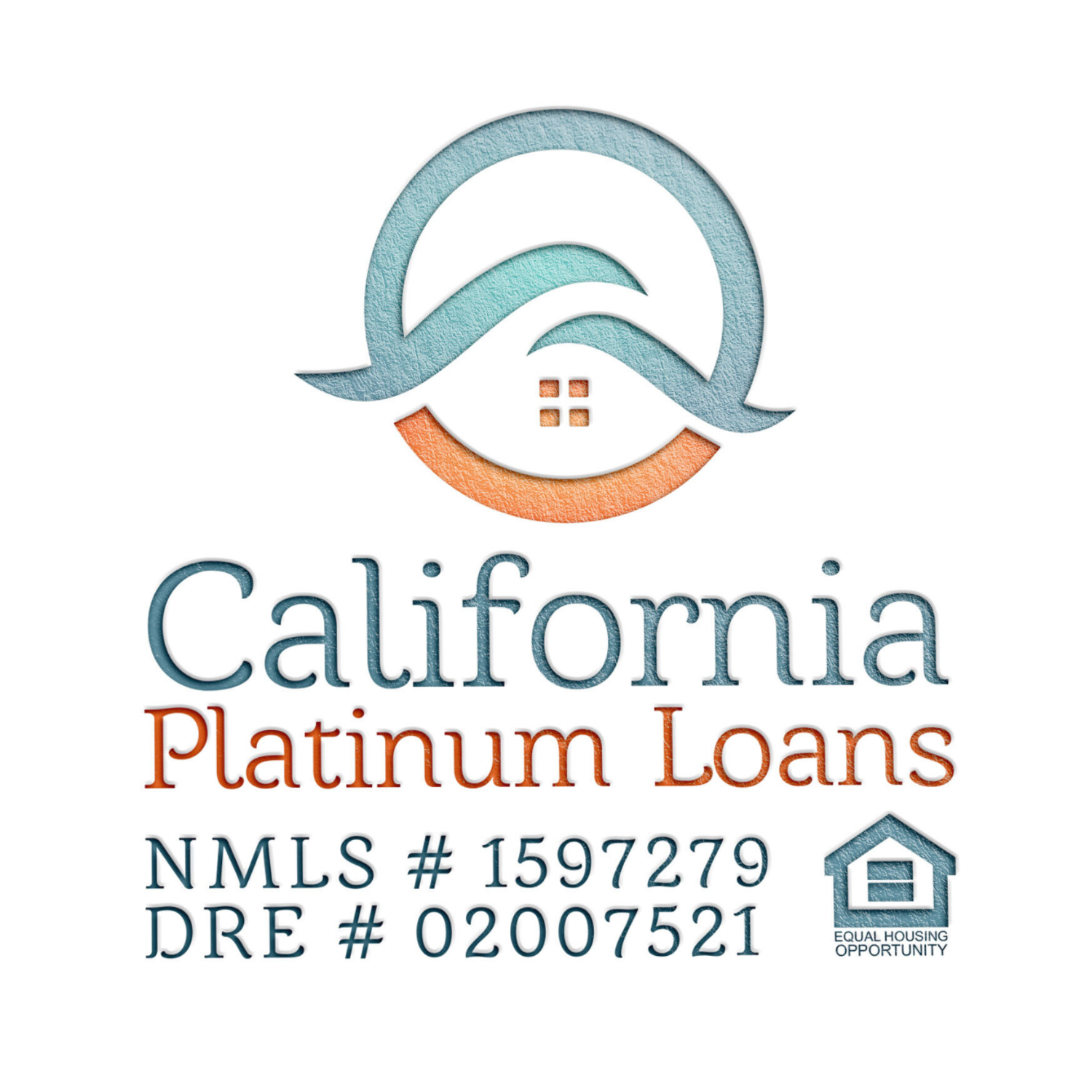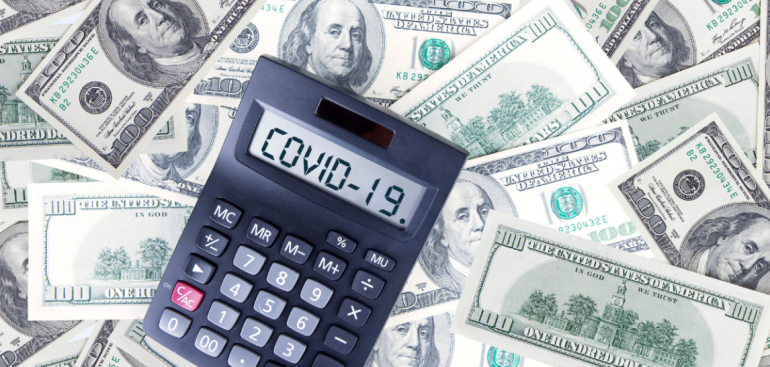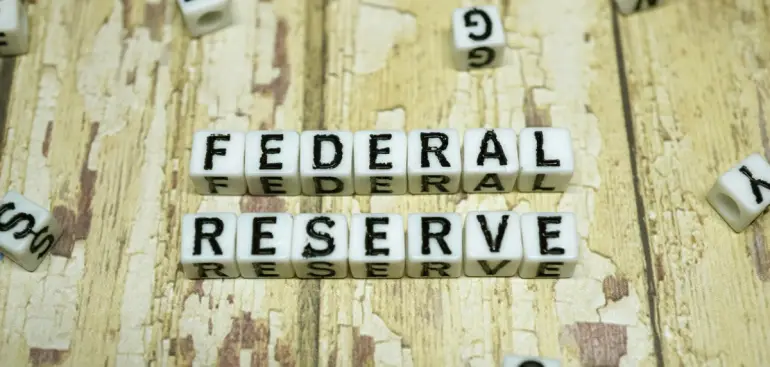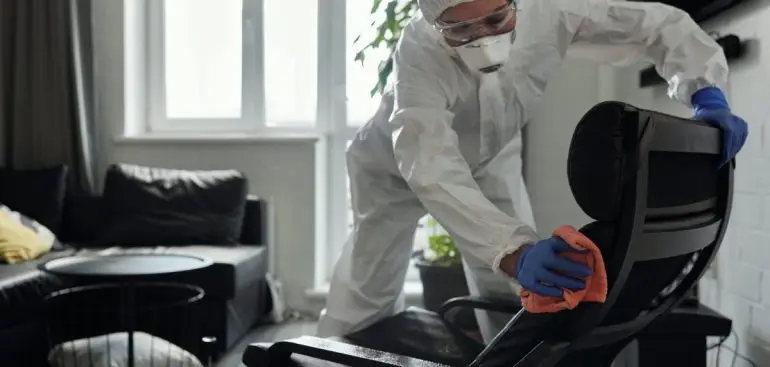As of March 25, 2020, unemployment claims grew to over 3.3 million, a record high. As states shut down non-essential activities, many businesses have been hit hard, particularly in the restaurant, retail, and entertainment industries. While the government is discussing relief proposals for individuals and businesses, rent is due across the country on April 1.
Some landlords have already gotten negative publicity for sending warning letters to tenants that no matter what type of layoff they’ve suffered due to COVID-19, they must pay their rent on time and in full. Text messages between tenant and landlord have been posted on the internet showing a range of responses, from concern and cooperation to cold-hearted “pay now or we will evict you.”
If you own property in the city of Los Angeles, Mayor Garcetti issued an eviction moratorium on March 15, 2020, due to the coronavirus pandemic. If your tenants have lost all or part of their income because they were laid off or the business where they worked has closed, they may not be evicted until the order is lifted. Similarly, they may not be evicted due to healthcare costs that they had to spend during the epidemic, or childcare costs because schools have been closed.
If you own income property, what should your response be to tenants’ ability to pay rent in the face of sudden, unprecedented layoffs?
The Los Angeles city moratorium on evictions doesn’t say that tenants don’t have to pay rent. It gives them up to six months to catch on back rent they couldn’t pay during the coronavirus crisis. Most other cities that have issued similar orders also say that tenants have a specified amount of time to catch up on back rent.
Looking at some of the harsh letters that have been publicized via social media, we advise that your best approach is to be courteous in your communications with tenants and to be flexible. The crisis may grow worse before it gets better, and aid from the government could be delayed for weeks. Work with your tenants to catch up on back rent as they get back to work.
Sources
https://www.npr.org/2020/03/26/821580191/unemployment-claims-expected-to-shatter-records




